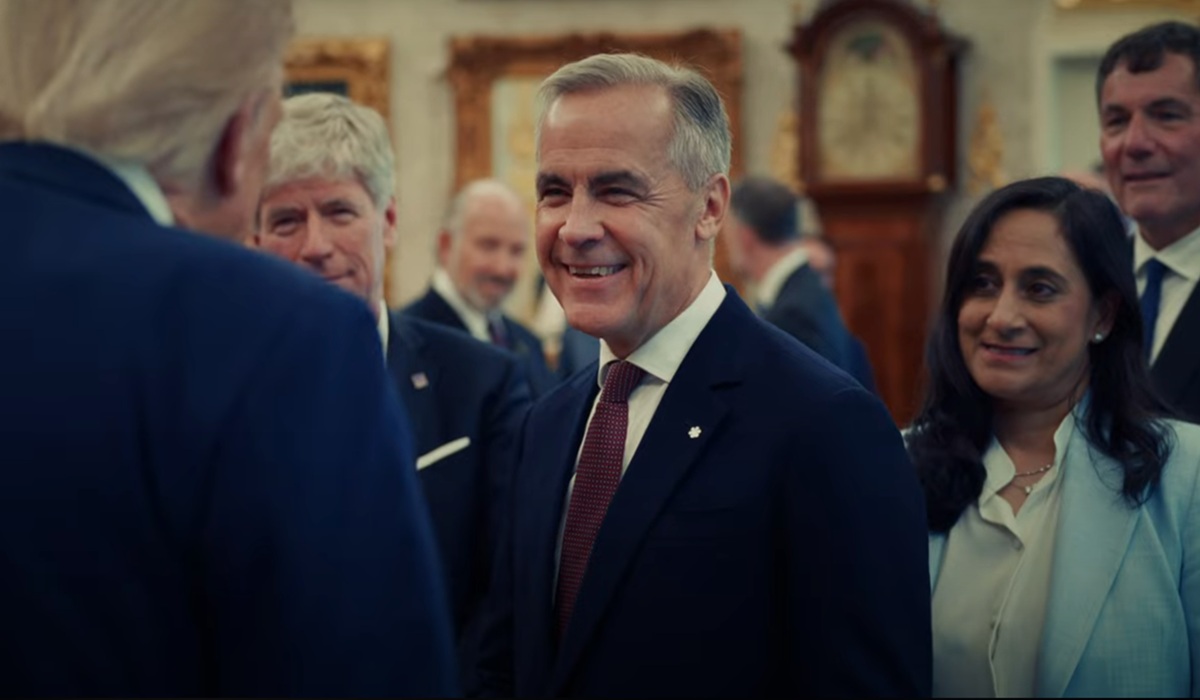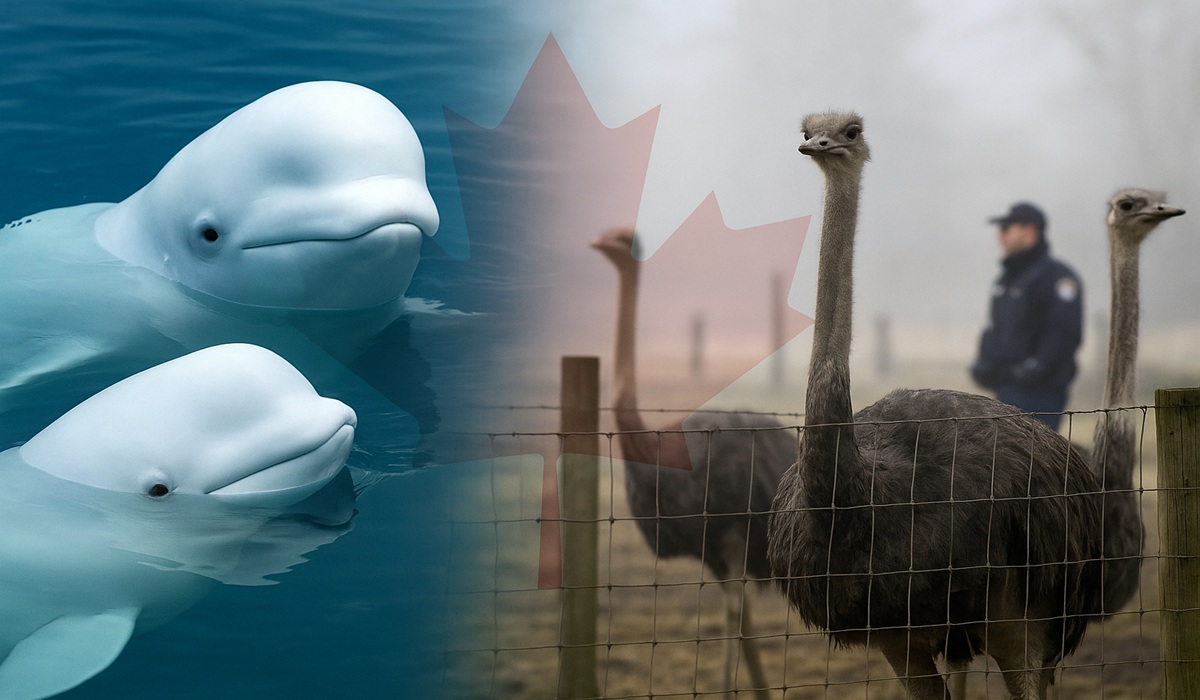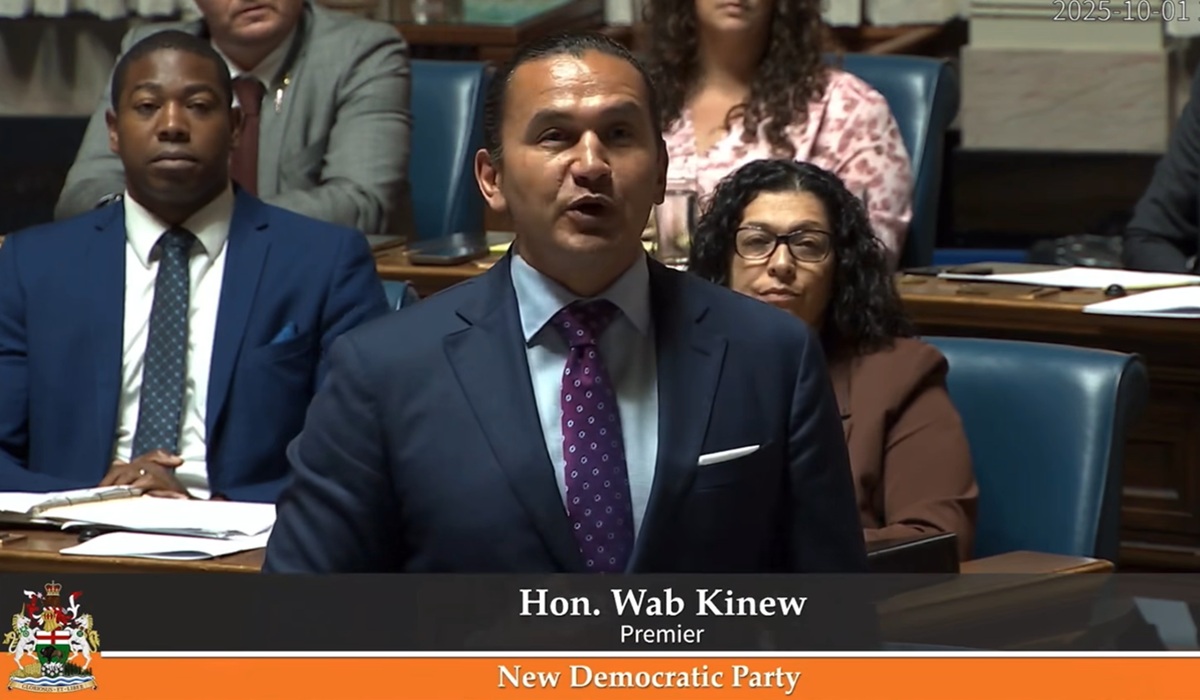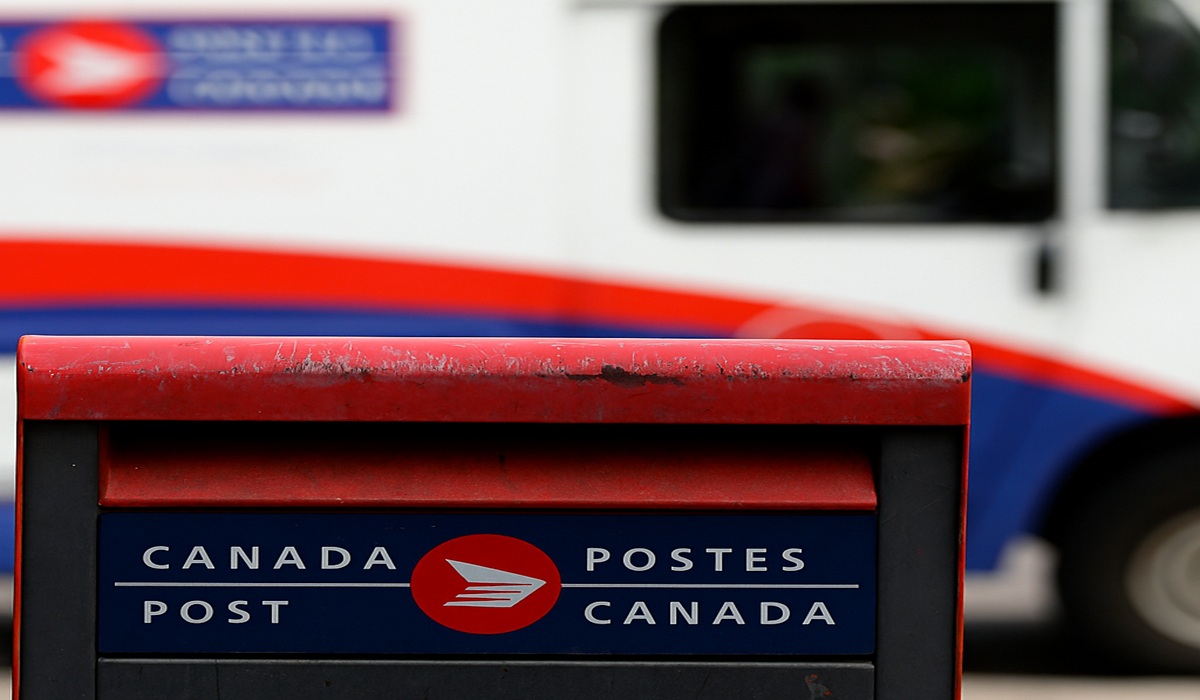Poilievre Wins Alberta By-Election, But Questions Linger Over Deal That Cleared the Way
- TDS News
- Canada
- August 20, 2025

Battle River–Crowfoot, Alberta — Conservative leader Pierre Poilievre is back in the House of Commons after a commanding victory in Monday’s by-election. With more than 80 percent of the vote in one of the safest Conservative ridings in the country, his return was never in doubt. What is in question, however, is how he regained that seat and what it may have cost the party behind closed doors.
The by-election was triggered when Damien Kurek, a popular MP who had just secured re-election in April, voluntarily resigned his seat. Kurek’s departure was portrayed publicly as an act of party loyalty, clearing a path for his leader after Poilievre lost his long-held Carleton riding in Ottawa. On paper, it was a noble gesture. In practice, it raises serious questions.
To surrender one of the most secure positions in Canadian politics — a $194,000 annual salary, a pension track, and near-guaranteed tenure in a riding where Conservatives regularly command over four-fifths of the vote — is no small sacrifice. Kurek, at just 35 years old, could easily have held the seat for decades. The idea that he gave it up purely out of goodwill stretches credibility. To suggest otherwise is to ignore the realities of political life. In a profession built on negotiation and opportunity, few people walk away from a million-dollar career path with nothing in return.
What exactly was promised to Kurek remains the subject of speculation. Some whisper of a future cabinet role should Poilievre ever form government. Others point to senior advisory posts, party positions, or even private sector opportunities that could have been lined up. The Conservative Party insists the move was voluntary and rooted in loyalty, but skepticism abounds. Even Poilievre’s allies admit privately that “good faith” alone is unlikely to convince a sitting MP to give up such a safe seat.
Whatever the arrangement, Poilievre has what he wanted: a ticket back into Parliament. Yet his easy victory in Alberta is only the beginning of a much harder road. He returns not as a triumphant leader but as one who squandered what many saw as the perfect chance to win government earlier this year. With an unpopular Liberal government, economic unrest, and a strong fundraising advantage, the conditions were set for a Conservative victory. Instead, Poilievre fell short, forcing him to scramble for a way back into Parliament through this by-election lifeline.
The challenge ahead is stark. He has just over four and a half years to prove he can expand beyond his base, win over skeptical voters, and demonstrate that he can be a prime minister in waiting. If he cannot broaden the Conservative tent and soften the perception that he is more critic than leader, his tenure will end with the same frustration that has haunted Conservative leaders before him.
For now, Poilievre can relish his win in Battle River–Crowfoot. But lingering over his return is a cloud of suspicion about the deal that made it possible. Kurek’s resignation may have been spun as an act of loyalty, but politics rarely moves without incentive. Canadians, and even many Conservatives, are left to wonder: what was promised, and at what cost?








